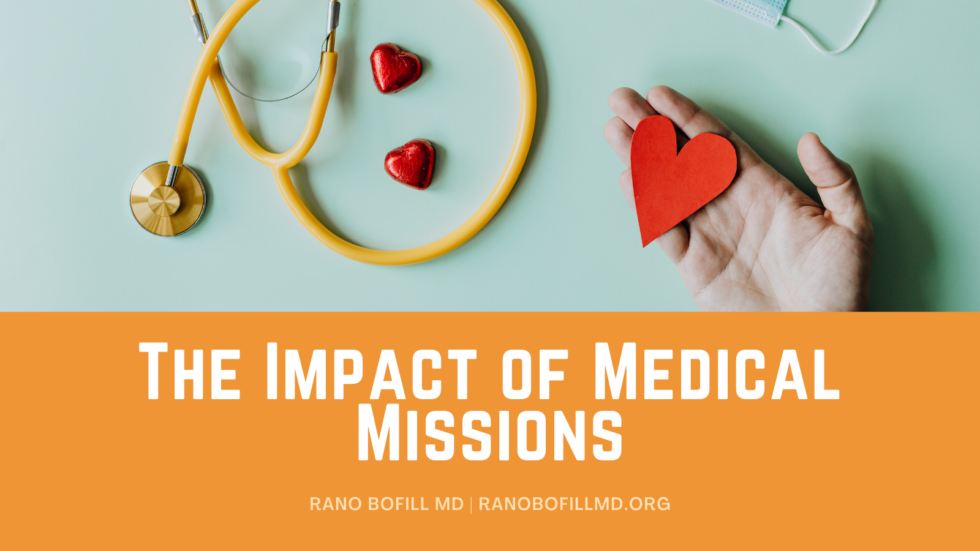
Medical missions, also known as medical volunteer work, are a form of humanitarian aid that involves medical professionals and volunteers providing medical services to people in underdeveloped or impoverished regions around the world. The impact of medical missions has been a subject of debate, with some questioning their effectiveness while others argue that they are essential in addressing global health challenges. In this article, we will explore the impact of medical missions.
Access to Healthcare
Medical missions play a crucial role in providing access to healthcare to people who may not have access to medical care due to various reasons such as poverty, lack of infrastructure, and geographic isolation. Medical missions provide critical medical services to people in need, including diagnosis, treatment, and preventive care.
Training and Education
Medical missions also offer healthcare professionals and students opportunities to gain valuable experience and training. Medical professionals and students can work alongside experienced healthcare professionals in a real-life setting, providing them hands-on experience in providing medical care to people in need.
Capacity Building
Medical missions also play a critical role in building the capacity of healthcare systems in underdeveloped regions. By providing training and support, medical missions can help to strengthen local healthcare systems, enabling them to provide better medical care to the local population. Additionally, medical missions can help identify the local population’s specific healthcare needs, which can inform the development of local healthcare programs and initiatives.
Improved Health Outcomes
Medical missions can have a significant impact on health outcomes in underdeveloped regions. By providing access to medical care and preventive services, medical missions can help to prevent and treat illnesses, improving the health and well-being of the local population. Medical missions can also help to reduce the burden of diseases such as malaria, HIV/AIDS, and tuberculosis, which are prevalent in many underdeveloped regions.
Cultural Exchange
Medical missions also provide opportunities for cultural exchange between healthcare professionals and the local population. Healthcare professionals can learn about the local culture and customs, which can inform the development of culturally appropriate healthcare programs and initiatives. Additionally, cultural exchange can help to build relationships and trust between healthcare professionals and the local population, improving the effectiveness of medical missions.
The impact of medical missions is significant in providing access to healthcare, training and education, capacity building, improved health outcomes, and cultural exchange. Despite criticisms of medical missions, they play an essential role in addressing global health challenges and providing much-needed medical services to people in need around the world.


